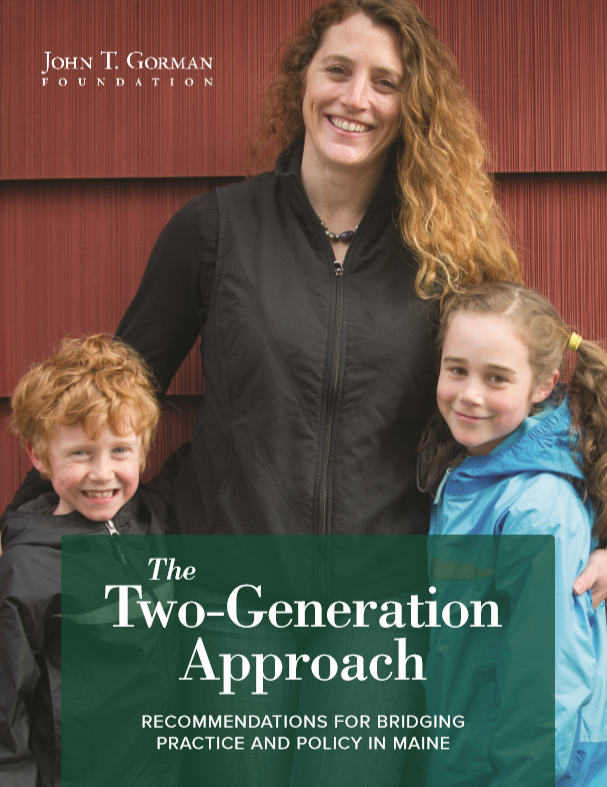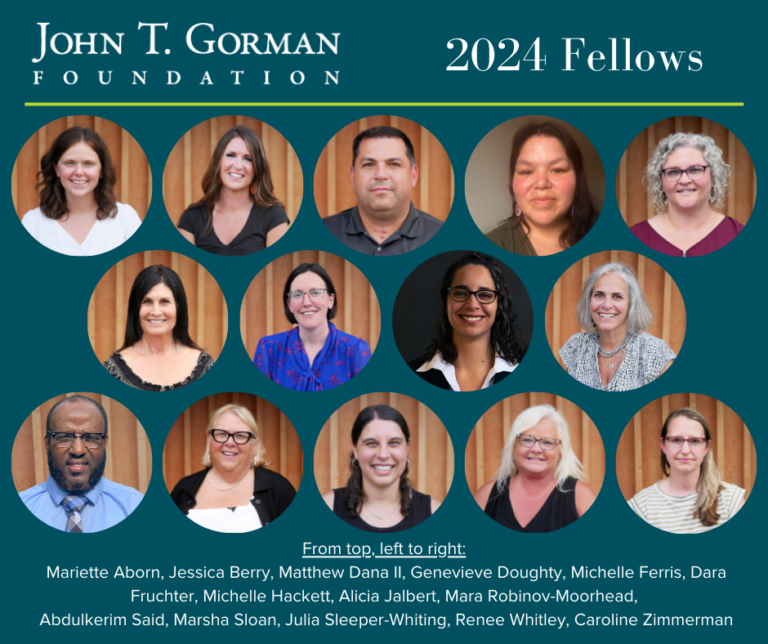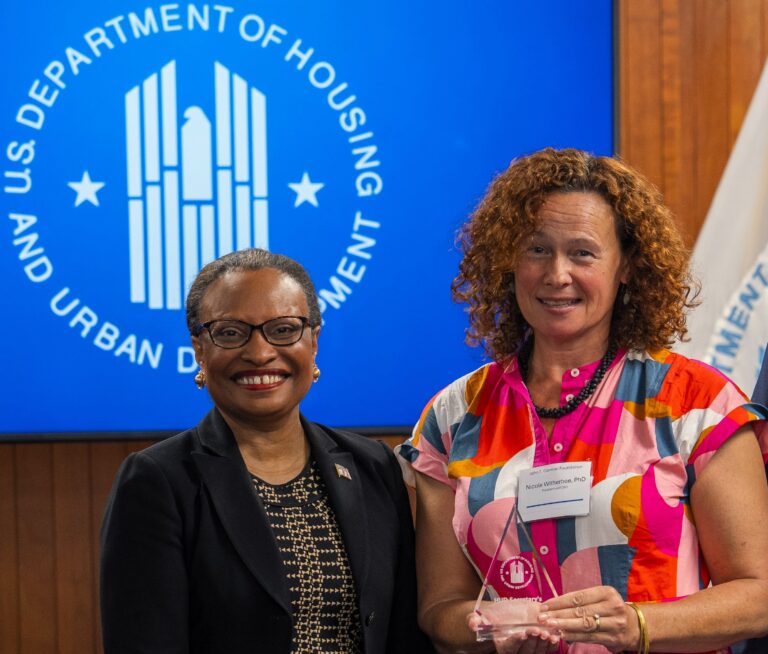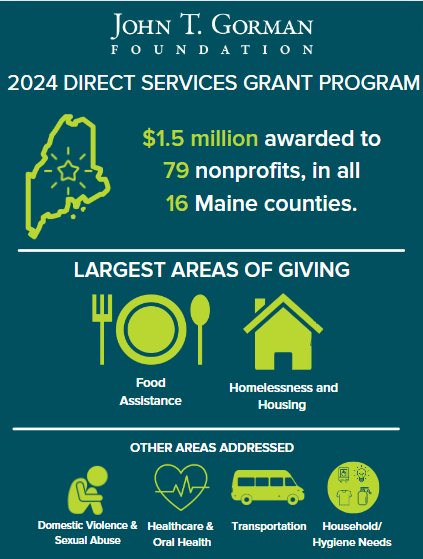UPDATE: Watch a recording of a webinar featuring the brief’s author Sarah Griffen, Maine DHHS Deputy Commissioner Bethany Hamm and KVCAP Director of Child and Family Services/Educare Tracye Fortin, and others.
——–
The two-generation approach to serving low-income families holds important lessons for state policies and systems

“If ever an event could reinforce the intertwined nature of families, it has been the COVID-19 pandemic, a crisis that has impacted parents and their children alike. Whatever the future may hold, the most effective strategies for helping vulnerable families move forward will be ones that take all of their challenges and strengths into account,” said John T. Gorman Foundation President & CEO Tony Cipollone. “Over the last several years, hundreds of Maine families have benefited from such a strategy – the two-generation approach. The successful application of the two-generation model in Maine and across the country holds important lessons for strengthening the way our state policies and government work with families.”
The two-generation approach is a nationally recognized model of helping low-income families build greater well-being by working with parents and their children simultaneously. The approach weaves together critical supports for entire families, including early learning for young children, educational and career pathways for parents, economic asset building opportunities, health and well-being services, and community connections.
Through grants and technical support, the John T. Gorman Foundation has worked with nonprofit partners to expand and deepen two-generation work across the state. These include Family Futures Downeast, a collaborative effort in Washington County allowing parents to take college-credit classes while their children receive early learning from Head Start educators; and Families Forward, an initiative of Bangor Housing to help parents clear barriers to educational and career advancement as their children access supports for learning and enrichment.
Drawing from the lessons of these and other Maine two-generation practitioners, as well as national innovations and best practices, the Foundation’s brief offers four recommendations and accompanying strategies.
- Expand parents’ ability to work by helping them develop new skills and clear common obstacles on career pathways.
- Ensure healthy development of children by bringing a two-generation lens to childcare, early education, and supports for school-age children.
- Change how government works to help families more efficiently and comprehensively access the resources available to them.
- Increase the value of public investments by leveraging outside resources and incentivizing best practices.
The report also includes an overview of the two-generation model, summaries of the different ways it has been applied in Maine, recent policy developments, and personal testimonials from Maine parents on what two-generation programming has meant for their families. The full report is available here and an executive summary is here.
About the John T. Gorman Foundation
John T. Gorman, known as Tom, was a grandson of L.L. Bean and established the Foundation in 1995 to help disadvantaged Mainers. In recent years, the independent, statewide Foundation has moved to focus strategically on four key areas: improving educational achievement for children; promoting successful transitions to adulthood for vulnerable older youth; helping struggling parents to support their families, and enabling low-income seniors to remain in their homes as long as possible.
For more information about the John T. Gorman Foundation, visit www.jtgfoundation.org.



